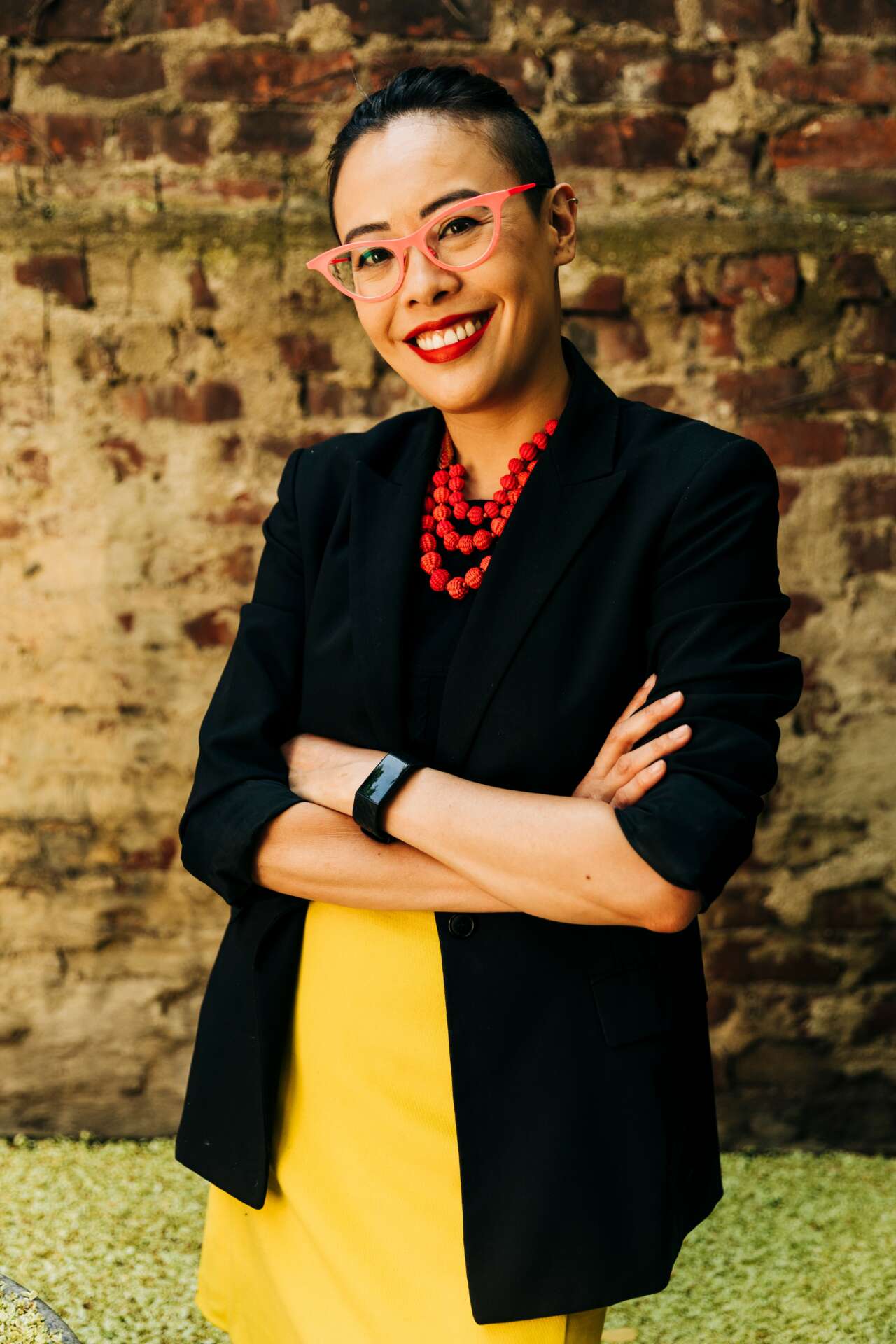Alright – so today we’ve got the honor of introducing you to Rhea Wong. We think you’ll enjoy our conversation, we’ve shared it below.
Rhea, looking forward to hearing all of your stories today. What do you think Corporate America gets wrong in your industry? Any stories or anecdotes that illustrate why this matters?
Here’s how it usually goes…
I meet someone at a networking event and they ask, “So what do you do?”
I tell them that I’m in nonprofit.
Their voice usually goes up a few octaves, “Oh that’s sooo greaaaaat. I wish I could that, but…” (shrug and eyeroll to mean that I have an adult job that pays adult money).
Common misconceptions that I just wish would die:
1) Nonprofits are not professionally run.
This is no longer the days of Ladies Who Lunch running their favorite charities between martinis. The nonprofit sector is comprised of highly skilled, competent professionals who should be paid commensurate with their experience, expertise and ability to deliver outcomes. And, no, running a nonprofit is not its own reward. You have to pay people what they are worth.
2) Nonprofits just need to run like for-profit businesses.
There are certainly business practices that are helpful in running any enterprise, but it’s a huge mistake to assume that nonprofits just need to take business practices wholesale and that for-profit practices are superior. I mean, do we really want businesses that are run like Enron, WeWork or Theranos?
3) I can run a nonprofit when I retire from my corporate job–they’ll love having someone with my corporate experience!
While I applaud anyone who wants to devote their time and energy to making the world better, it’s frankly insulting that corporate folks assume that they can walk into a nonprofit with zero experience and run the place. I don’t walk into an investment banker’s office assuming that I can just run the place with no experience so why would the reverse be true? Have the humility to realize that there are certain skills, expertise and understanding of the landscape to do the job.

Great, appreciate you sharing that with us. Before we ask you to share more of your insights, can you take a moment to introduce yourself and how you got to where you are today to our readers.
When I was starting out in my nonprofit career, I was hired as a 26-year-old Executive Director.
My first two Google searches were: What does an ED do? and How do you fundraise?
Twelve years later, I had built a multi-million dollar organization and made a ton of mistakes along the way. Unfortunately, our industry does not invest in the skills and talent even though we are asking people to solve the world’s most intractable problems.
I decided to take my 15 years of nonprofit fundraising experience and teach others from my mistakes.
The world needs our nonprofit sector to succeed as they are often the only safety net. But, the mission does not happen without money.
I’ve distilled down my learnings into simple frameworks and no-BS coaching to help folks get results fast so they can carry on with the important work of changing the world.
My ideal client are Executive Directors or Development Directors of nonprofits between $250K and $5M who need to work on major gifts from individuals. They should be looking for straight-no-chaser advice from a front line fundraiser.
After all, my tagline is “I like Big Asks and I cannot lie.”

Have you ever had to pivot?
I call myself an accidental consultant.
After I left my ED job in December 2017, I was recruited to work at a tech firm that worked with nonprofits. It seemed like the perfect job…until it wasn’t.
For many reasons it was not a fit and I quit after 2 months without another job lined up.
Now, for the child of immigrants, quitting a job without another one lined up is sacrilege. I could almost hear the collective gasp of my ancestors.
Of course, I was terrified and had all sorts of nightmares about ending up living in a box by the side of a river with a bunch of cats. I don’t even own cats.
But, in that dark time of uncertainty was a moment to really reflect on my path.
What was calling my curiosity?
What did I really want to do?
Little by little, I reached out to my network and took on projects, intending to look for a full-time job. And then, the projects became the full-time job.
Once I had tasted freedom, I could never go back.
I had to reshape my expectation of what I thought I was going to do, to release the ego of a fancy job title and embrace the uncertainty of entrepreneurship.
Now, I think I’m totally unemployable because I will never be able to work for anyone but myself.
It just goes to show that the darkest moment (quitting a miserable job) led to the greatest experience (running my own business and being my own boss).

Learning and unlearning are both critical parts of growth – can you share a story of a time when you had to unlearn a lesson?
One story that I had to unlearn and I still struggle with, “If it’s not hard, it doesn’t count.”
I come from a long line of strivers and sufferers. My grandparents were immigrants from China and worked themselves to the bone to build lives in America. Both my parents worked hard at jobs they hated to provide for me and my brothers.
You could say that suffering is in our DNA.
When I was in the nonprofit world, I suffered. I believed that suffering was some kind of badge of honor. (“I’ve worked 90 hours this week and haven’t slept in days because I’m ED’ing SO HARD!)
Now that I’m an entrepreneur, I’m actively working to decouple the concepts:
Work can be easy AND profitable.
Money can flow without killing myself.
Making it hard doesn’t win you a gold medal.
So, now I’m trying to know in my bones that I can be profitable AND easeful. And that’s a lesson that’s taking generations of hard-coding to undo.

Contact Info:
- Website: www.rheawong.com
- Linkedin: https://www.linkedin.com/in/rheawong/


